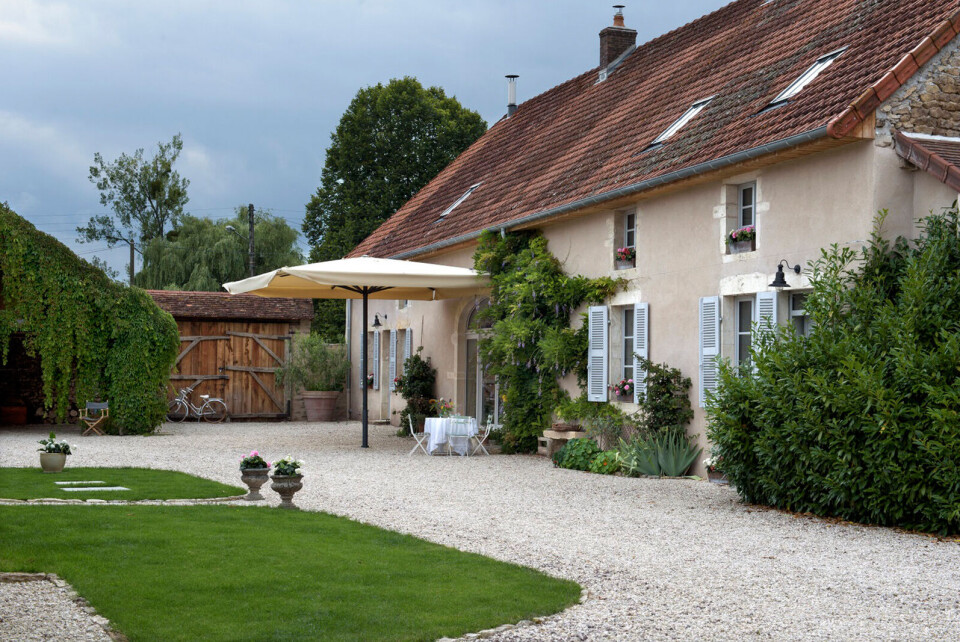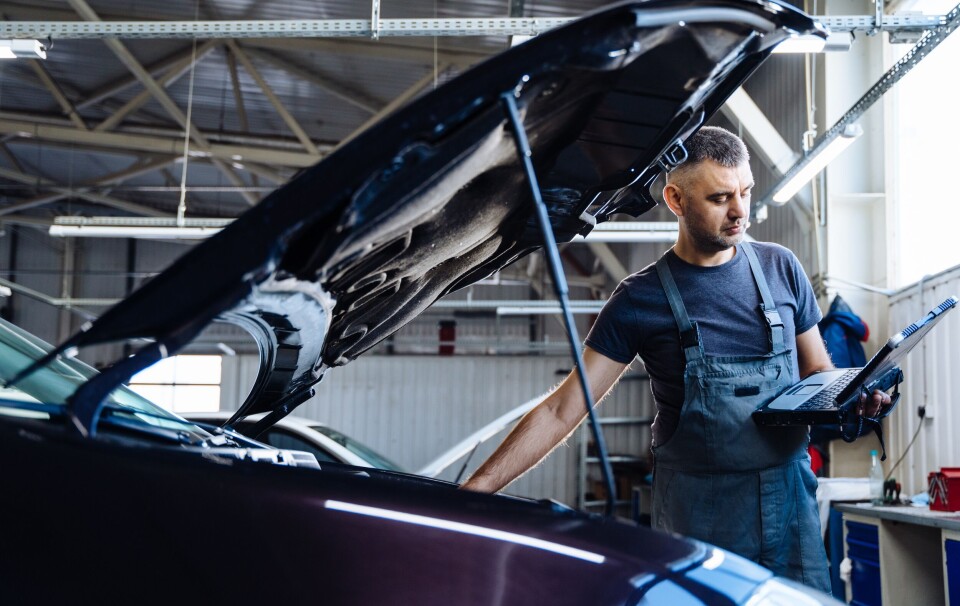-
Residency card drop-in clinics available in Nice
The prefecture's Point d’information étrangers helps people with their application without an appointment
-
Closest ski resort to Paris for sale
La Loge des Gardes, a family-friendly resort, offers year-round activities and is seeking new ownership
-
French inventor develops new air purifier after daughter’s asthma attack
Particles in the air attach themselves to ionised air from the machine causing them to fall to the ground
Couple find solution to French second home tax retention on house sale
A UK couple who faced having €175,000 held back on the sale of their renovated farmhouse got the funds released by changing their tax agent 'représentant fiscal'

Article published December 21, 2021
Britons who sell a €150,000-plus French second home must hire a tax agent (représentant fiscal) if there is a capital gain – but you can ‘shop around’.
UK residents Nick and Molly Cross faced having €175,000 held back on the sale of their renovated Burgundy farmhouse but they got the funds released by changing the firm of reps.
The représentant fiscal rule applies to all residents of non-EAA countries and can require a large chunk of the sale price to be held back for years in case tax offices contest deductions and demand more payments.
Read more: Brexit 'to cost us €150,000 more in tax to sell our second home'
The capital gains process is onerous and includes producing compliant factures acquittées (paid bills) for all work deducted from the gain, plus bank statements showing who paid.
Fiscal reps, who charge up to 1% of the sale fee, say they have to hold back funds as they carry responsibility for paying any surplus tax, plus interest and fines.
Mr and Mrs Cross, 60 and 59, decided to sell up after hitting difficulties, post-Brexit, with their plans for holiday rentals.

The couple were expecting revenues well above what was permitted ‘non-professionally’, but were refused the right to open a business. In the end, it seemed simpler to sell up.
They bought their run-down farm for €235,000 in 2013, but spent over €800,000 turning it into an outstanding home where they spent holidays, latterly having it rated as a five-star holiday accommodation.
They found a buyer at €760,000 – a warning, they say, to anyone looking to renovate rural properties that seem a bargain. In their case, they could not recoup the cost of all the work by local artisans.
The couple, who have worked in the speciality chemicals industry and design, said it came as a shock when fiscal reps Sarf proposed retaining €175,000 as a guarantee for deductions, even though, they say, they supplied all invoices and bank statements.
Other options were paying the tax due without the deductions or finding a French-resident guarantor who would agree to take the risk on themselves.
They decided to try other firms, with several unwilling to take on the dossier, but finally changed to TEVEA, which held nothing back after they supplied extra requested items, such as before and after photos.
“The photos seemed to tip the balance,” said Mr Cross.
Mrs Cross added: “This was literally a couple of days before the sale was due to be signed, so we were in a state of total shock by that stage.” TEVEA charged €3,000 (reps’ fees are deductible from the gain).
Mr Cross said they felt the difficulties they faced were excessive after all their “investment in the community and the house”, though it was hard to know if poor France-UK relations had made things worse or if it was like this for all non-EU sales.
'Be aware of DIY home improvements that cannot be accepted for tax deductions'
The couple warned too that Britons should beware of doing work on their homes themselves, as it will not be covered by invoices and related insurance, so will not be acceptable for tax deductions.
A Sarf spokeswoman said they have to be cautious due to the risks of tax office claims, which she said can be equal to the difference in tax without the disputed deductions, plus up to 74.6% in interest and penalties.
She said Sarf does not always retain guarantee funds, but paid bills must show full details of the work and not just say ‘renovation’, which she said was not the case for all of the couple’s bills.
Legally, acceptable deductions must involve new construction or enlargement, or an ‘improvement’ bringing a new element of comfort, eg. installing electricity or a bathroom in a building that lacked these before.The bills must also have all information required by French law, such as the firm’s Siret number and property’s address.
Guarantee money is paid back after the three to four years of possible tax checks
She said in case of other firms not applying a guarantee, sellers should ask what would happen if the tax office makes a claim and if the client is asked to pay. She said the Crosses were also given the option of paying tax on the gain without deductions, then Sarf submitting a request for the deductions to the tax office for a possible refund, which she said, if accepted, avoids interest and penalties.
A TEVEA spokesman said that all accredited fiscal reps are supposed to work and calculate risks in the same way – for example, renovations such as replacing a roof or redoing the facade are not acceptable.
He said in some cases where bills are not detailed enough, TEVEA asks for before/after photos or an architect’s report.
If doubt remains, TEVEA might accept bills but ask for guarantee money, equivalent to the tax without the work plus late-payment penalties.
He said that if the tax office rejects deductions and nothing has been set aside, “the representative has to take responsibility and it is he or she who has to pay the extra money, without being able to ask for it from the client in turn”.
Fiscal reps must have costly insurance against this, he said.
Related stories
How to adapt your monthly taxe d’habitation rate to avoid overpaying
Is taxe foncière local property tax payable on mobile home in France?
























